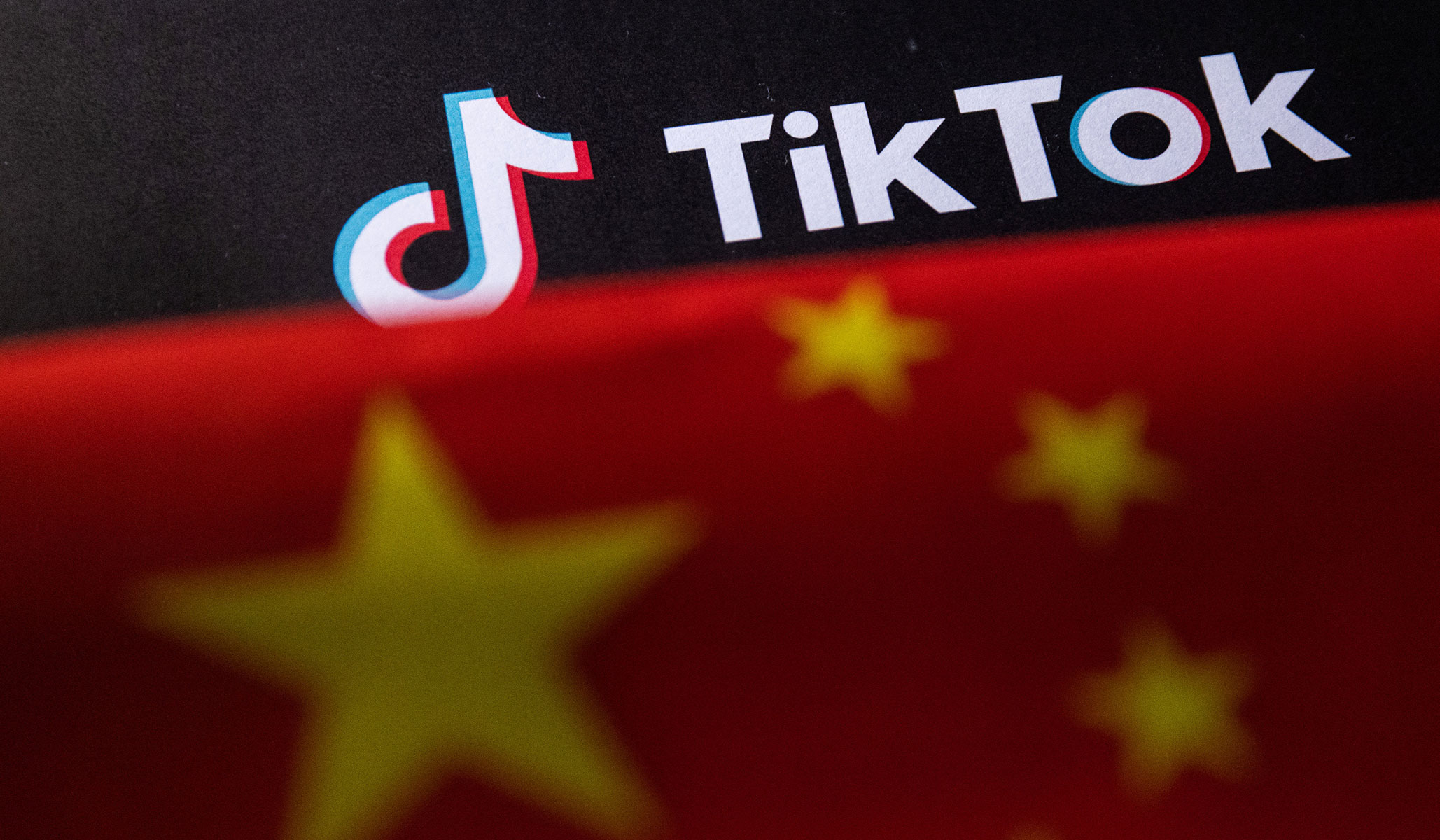


A lobbying campaign by TikTok successfully slowed the progress of legislation that could result in new regulations targeting foreign apps, Senator Mark Warner said today.
In an interview with Reuters, Warner revealed that although his bill initially had significant bipartisan support when he introduced it earlier this year, a lobbying blitz by TikTok parent ByteDance has blunted its progress.
“I will grant TikTok this — they spent $100 million in lobbying and slowed a bit of our momentum,” said Warner, the chairman of the Senate Intelligence Committee. Initially, he told Reuters, it had seemed that it would be “too easy” to get the RESTRICT Act passed.
The bill would create a new framework that the Commerce Department could use to take actions to mitigate the risks of foreign software and information technologies that are linked to adversarial regimes. It would do this by enshrining a rule put in place by former president Donald Trump in 2020.
Initially, the RESTRICT Act was the target of criticism by congressional GOP China hawks, who argued that it does not require that a TikTok ban be implemented and that, therefore, it would relieve political pressure on the Biden administration to take action. Later, other opponents charged that the legislation was too sweeping and that it would grant the government unfettered power, making it “a PATRIOT Act for the digital age,” as Senator J. D. Vance described it at the time.
Warner told Reuters that lawmakers will consider amendments to the RESTRICT Act to “take care of those concerns in a fair way,” and that there are conversations about attaching it to the National Defense Authorization Act or to a China-focused package that Senate Democratic leaders want to advance.
It’s not clear where Warner got the $100 million figure, though ByteDance has spent millions of dollars on its D.C. lobbying operation since 2019.
TikTok’s lobbying efforts intensified throughout early 2023, surrounding CEO Shou Chew’s testimony before Congress and amid new reports about ByteDance’s handling of U.S. user data and revelations that employees based in China had tracked the locations of journalists in the U.S. Several lawmakers also introduced legislation that would either ban or heavily restrict TikTok’s ability to operate in the U.S.
That activity is reflected in the ByteDance lobbying team’s mandatory disclosure form, which shows that the company spent just over $1.5 million on its lobbying effort from the start of the year through the end of March. According to the filing, ByteDance’s lobbyists focused on the RESTRICT Act, in addition to the ANTI-SOCIAL CCP Act, the No TikTok on United States Devices Act, and the DATA Act, three of the TikTok ban bills currently under consideration.
Although ByteDance is headquartered in China, where it was founded, it files its disclosures under the Lobbying Disclosure Act, rather than the Foreign Agents Registration Act — which mandates more rigorous reporting.
In addition to the disclosed lobbying, TikTok also reportedly employed the powerhouse political consultancy SKDK, which is linked to the White House, and paid for TikTok influencers to come to Washington to advocate against banning the app in the days leading up to Chew’s hearing.
ByteDance’s lobbyists have previously come under the scrutiny for backing Beijing’s line on the Chinese Communist Party’s human-rights abuses.
Congressional sources told National Review earlier this year that ByteDance’s top lobbyist, Michael Beckerman, had parroted China’s points about the mass detention of Uyghurs in a 2020 meeting on Capitol Hill. Although a TikTok spokeswoman denied that recounting of events and said that Beckerman and another TikTok staffer would “happily” go on the record to refute it, she never followed through on that offer and left the company last month.
